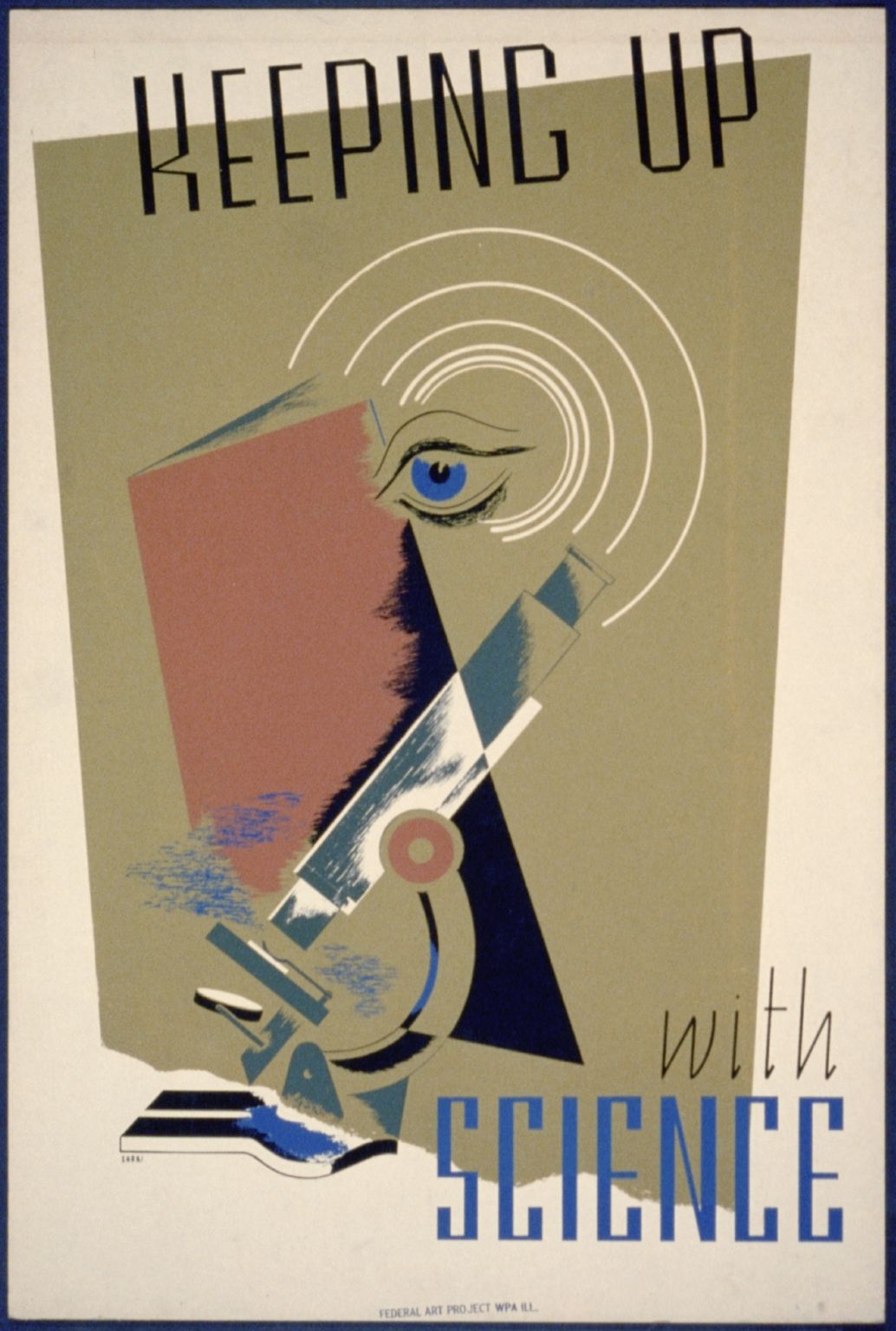We did it for fun, we did it for free
I did it for you, you did it for me
We did it for the right reasons
We did it for the right reasons
— "Yosemite" by Lana Del Rey
I've become far less interested in making people think, and far more interested in making people feel. This change has been in the works since I quit drinking and returned to Christ, but the realization only dawned recently.
Ideas themselves remain important and exciting to me. But like, I haven't written any cultural commentary since February, when Mic Solana invited me to expound on furries. Considering this, I am wistfully petulant — societal exegesis used to be what I was known for! I enjoyed that cachet, the buzz of people wanting my opinion. My follower count always grew the fastest when I yelled about the outrage du jour (not saying I will never do that again, but these days I mostly don't).
Frankly, I'm not sure what I'm known for now... I guess for being a "hub person" who connects other people? Which I find much easier than penning coherent analyses. But relative ease is not the main reason why I clammed up — I've been composing fiction instead, and I struggle with that even more than longform criticism. (However, I do think my storytelling has improved over the past year, and I plan to keep at it.)
In July 2020 I published "Multiplayer Psychosis," my last examination of why the internet is so crazy. That essay put a bookend on several years of contemplation:
- "The Cyberpunk Sensibility," 2016
- "Sanity on the Weird Timeline," 2017
- "Arguing About How the World Should Burn," 2017
- "The Conversations that Cryptocurrency Killed," 2018
- "The Internet Won't Kill Gun Control by Itself," 2019
- "Survivalist Epistemology," 2020
Call it radicalization if you like.
"Multiplayer Psychosis" is a long meandering piece, so I'll excerpt the key points here:
If something is technically possible and might conceivably offer an edge — no guarantee necessary — someone will eventually do it. Furthermore, enough someones will get the idea in their heads that the thing will be repeated until common knowledge develops about whether or not it offers an edge.
If it does, everybody will start doing the thing, thus obviating the edge. Unless there is a reliable constraint on people's ability to do the thing. In practice, there often are such constraints, though not necessarily placed where we'd like them to be, and rarely comprehensive.
Either way, if the thing offers an edge, in the absence of a stronger countervailing incentive, the thing will happen. To be more precise, whichever parties are not counter-incented will benefit from the edge.
Principles do little to impede this process in the long run, since evolution did us the kindness of forming minds flexible enough to believe whatever it is advantageous to believe, including that our own beliefs are not substantially grounded in personal incentives.
The same competitive pressures apply to ideas, to beliefs, that do to behaviors. If there's an edge in believing something, people will convert as soon as that becomes apparent. It's not insincerity, it's instinct.
Joscha Bach: "I perceive opinions on twitter increasingly from an ecological perspective. If an opinion is possible, it will find someone to champion it. If it aligns with opinion having incentives, it's going to be abundant. I mostly don't think: oh, you're wrong! but ah, there you are!"
Granted, there is a well-established edge in believing facts. But only those facts which you act upon; only in those circumstances where if you bet wrong, you'll experience a consequence. In any other domain, rationally you should believe whatever it is most advantageous to believe, both in terms of how the beliefs affect your behavior and in terms of the signaling value to be wrung from them.
Joscha again: "A lot people seem to see the main value of social interaction in participating in some kind of hivemind. Most hiveminds maintain coherence by limiting the range of acceptable opinions. The folks playing this game don't perceive the fully autonomous part as the human part."
Myself: "what convinces people? IMO, a twist on my universalization of Sailer's Law. people are convinced by the following subconscious realization: 'if we all coordinate on this cultural narrative [if we all buy into this memeplex; become part of this egregore], my status will go up'"
Someone who perfectly calibrates which of their beliefs to base on facts versus fashion can be expected to outcompete someone else who tries to use facts as the basis for every belief. After all, various different narratives will fit the same set of facts.
Why do we care so much about each other's opinions in the first place? Why should I give a fuck what you think?
You know why. It's because you might vote, or you might buy something. Meanwhile I have to live in a goddam society alongside you.
Power lies in directing the votes and the purchases. (In this context, even a donation can be considered a purchase.) Contemporary representative democracy produces politics as the business of cajoling people into ceding their decisions. It's only natural for culture to be critical to the whole enterprise.
Alice Maz: "groups of people will naturally craft stories to understand their world, to explain it as it is and how it came to be. circumstance decides whether the salient group at some time and place is a ruling class or a culture at large. but whether one or the other, they see through the lens of their narrative, teach it, enforce it, and it comes to serve as their shared basis of reality. this grounds their understanding not only of the world, but of other group members. they can expect each other to act in accord with this basis, can expect others to expect them to, and so on. this never needs to be stated, it is felt innately. it is just how things are"
Manufacturing consent? Sure, but if it don't come easy, why not manufacture obeisance? How big of a difference is there really?
Think about it — the easiest, most effective method of control is directing people's attention. Bro, you don't even have to lie, just be selective about what you show! The lying is a perk 😜
"In order to conduct a propaganda there must be some barrier between the public and the event," Walter Lippmann observed in Public Opinion. "Access to the real environment must be limited, before anyone can create a pseudo-environment that he thinks wise or desirable. For while people who have direct access can misconceive what they see, no one else can decide how they shall misconceive it, unless he can decide where they shall look, and at what."
What you hear about, what you know about, it constitutes the world — the very universe, moral and otherwise — that you occupy. It even affects what you can imagine. The map is not the territory, yet perception is reality.
You ought to systematically doubt whosoever circumscribes what you're able to perceive. Trusted third parties are security holes; best stay 'noided.
Sounds blisteringly cynical, and indeed I am. But working through the logic above helped to free me from worrying about other people's mindsets. Persuasion, ever so frustrating to practice, is no longer a compelling pursuit. I don't need you to change [your mind or anything else] for me to be happy and satisfied. Well, tbh I'm never satisfied, but nonetheless I'm at peace ☺️ Acceptance is wonderfully transformative.
Mind you, it's not that I have zero interest in affecting what other people think. Communication inherently requires evoking particular concepts in someone else's mind. Enticing them — you — to listen, at least, is key:
as an author, my primary goal is to lay my eggs in your head
— trillionaire (@direlog) December 1, 2021
Still, I've let go of the illusion of control, as well as the additional fallacy that I should be in control. People are gonna think what they're gonna think, according to their deepest selves' desires vis-a-vis their circumstances. Myself included! And that's totally fine.
Let your conduct be without covetousness; be content with such things as you have. For He Himself has said, "I will never leave you nor forsake you."
— Hebrews 13:5
All of that said, it's totally possible to change someone else's mind online. Technically speaking, simply noticing anything necessarily encompasses change to the noticer. But larger and durable changes do happen. Probably not in the moment — or you might influence a lurker rather than your interlocutor. You're unlikely to be the sole input, especially if someone's entire ethos shifts over time.
I insist that mind-changing does happen. Some people are able, and a rare few are eager, to assimilate new or contradictory information and adjust their interpretative frameworks. Others may be willing to sway given mutual trust and intimacy.
So: I think it's possible to change people's minds. And, as outlined in "Multiplayer Psychosis," I understand why so much effort is devoted to attempts. (Obligatory: I know that most of it is ingroup signaling. So what, everything is signaling.) In my experience, however, persuasion is low-leverage versus other ways to spend time — the nebulous payoff is not worth the headache, IMO. I can affect far more people, far more intensely, via inspiration versus typical didactic methods.
Not inspired by me, per se. Rather, inspired by the beauty of the world, to which I can draw attention. I want to make people feel how my favorite songs and novels make me feel. That's a really fucking tall order and I'm afraid that I won't be able to live up to it.
¯\_(ツ)_/¯ I never live up to my ambitions fully. That's okay too. When I strive with a true heart, grace redeems me.
Header photo by Matt Brown; graffiti by Zabou.




